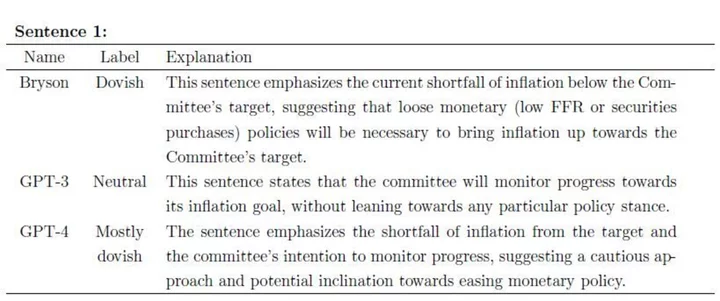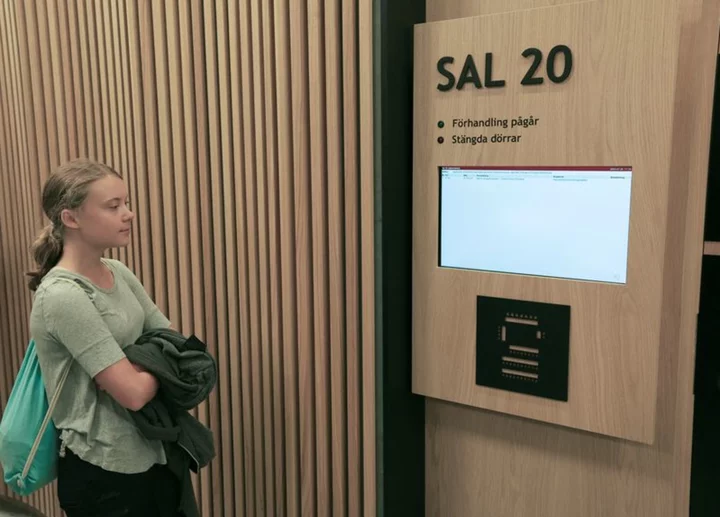
Nvidia in talks to become anchor investor in Arm IPO - FT
(Reuters) -Chip designer Arm is in talks to bring in Nvidia as an anchor investor as it presses ahead with
2023-07-12 15:21

How to Get 5,000 Free COD Points in Warzone The Haunting
To get 5,000 free COD points in Warzone's The Haunting, players must enter the Call of Duty Endowment Sweepstakes on Twitter for a chance at the grand prize.
2023-10-18 05:48

Microsoft gets more time from UK to plead case to buy video game maker Activision
British antitrust regulators have extended their deadline to issue a final order blocking Microsoft’s $69 billion plan to buy video game maker Activision Blizzard
2023-07-14 20:54

Hedge Funds Are Deploying ChatGPT to Handle All the Grunt Work
The latest artificial-intelligence hype is powering a massive surge in the stock market on bets that a new
2023-05-31 20:28

Sanborn Hires Richard Butgereit as Chief Information Officer
COLORADO SPRINGS, Colo.--(BUSINESS WIRE)--Aug 3, 2023--
2023-08-03 16:17

Soaring EV Sales Could Still Leave World Short on Emissions Goal
Electric-vehicle sales are poised to more than double by 2026 but eliminating emissions from road transportation by the
2023-06-08 15:24

Swim stars set for Games showdown as South Korea get eSports revenge
Swimming stars Zhang Yufei and Siobhan Haughey were primed to battle for gold at the Asian Games on Thursday as South Korea wrought vengeance on hosts China in...
2023-09-28 15:27

'Greed gets you nowhere': Netflix bashed for password sharing ban as Arnold Schwarzenegger's 'FUBAR' releases
Netflix rolled out crackdown in password sharing two days before 'FUBAR' premiere
2023-05-26 16:22

Align Technology Introduces the Invisalign® Palatal Expander System to Address Skeletal Expansion in Growing Patients, Including Teenage Patients Which Represent the Majority of Orthodontic Case Starts Globally
TORONTO & LAS VEGAS & SAN JOSE, Calif. & TEMPE, Ariz.--(BUSINESS WIRE)--Sep 6, 2023--
2023-09-07 04:25

How to Get Water Out of Your iPhone Speakers
The Apple Watch has been water-resistant since its introduction to the market, with later models
2023-08-17 04:54

LEGO Launches a New Line of Braille Bricks
Just in time for Blind Awareness Month, LEGO is launching a new line of bricks
2023-08-27 00:15

Jump Into the Unexpected: Super Mario Bros. Wonder Launches Today for Nintendo Switch
REDMOND, Wash.--(BUSINESS WIRE)--Oct 20, 2023--
2023-10-20 21:29
You Might Like...

OpenAI's GPTBot Will Scrape Your Website to Train Its AI, Unless You Opt Out

PS5 Slim Needs an Internet Connection to Install the Disc Drive

Swedish court fines Greta Thunberg for disobeying police order

Overwatch 2 no longer getting co-op PvE hero mode

Pokimane: When streaming pro faked 'sexual' relationship with Twitch star to 'target and manipulate girls'

Dalrada Technology Spain Reaches Distribution Agreement with JBS Consulting to Build and Install up to 2,300 Heat Pumps

OpenAI Backs Idea of Requiring Licenses for Advanced AI Systems

Ubisoft shares long-awaited update on Prince of Persia remake
